The meteoric rise of free clicker game Banana is a watershed moment in gaming that indie developers and con artists alike are going to be studying for years to come, however you choose to explain it.
In a little over a month, this clicker game—developed by a three-person team—has skyrocketed up the Steam charts to become one of the most-played games on the platform.
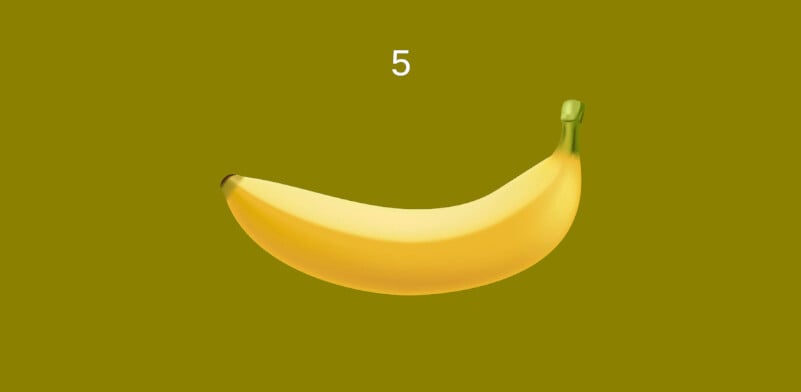
The gameplay of Banana is as simple as its title. Players are presented with a single image of a banana against a sickly pea-soup green background. If you click the banana, a counter at the top of the screen (in unadorned white Arial font) goes up by one. That’s it. Every few hours, a so-called “banana skin” will drop, but that’s all one ever gets to break up the monotony. There’s no progression structure or upgrades like other games in the clicker genre; it truly is just you and the banana.
On paper, Banana is just another quirk of an increasingly post-ironic Internet. Memes have turned the tide of politics and pop culture alike, after all, so surely it’s not outside of their capabilities to rocket a free indie game to superstardom? We weren’t able to work out the secret to Banana‘s sauce in our initial coverage, but there are somewhat darker forces at work behind Banana when you look past its a-peel-ingly (sorry) outer layer.
According to SteamDB, Banana has surpassed an all-time peak of over 750,000 players, with some players in the Steam reviews having already clocked up several hundred hours. That’s a lot of dedication for seemingly no payoff—but the trick here is players are expecting a payoff. Bafflingly, those aforementioned “banana skins” cannot actually be applied to the in-game banana itself (although the developers claim functionality is coming at some point). Instead, they’re added directly to your Steam inventory, thus making them eligible for trading and listing on the Community Market. See where this is going?
Banana is creating its own Steam economy, sidestepping the platform’s rules on cryptocurrency-related content to peddle items that are NFTs in all but name—completely useless, even in their game of origin, but with their value artificially driven up by speculation, FOMO, and artificial scarcity. Special bananas are also distributed on the game’s Discord server, microtransaction shop, and in limited-time in-game events that keep players tuned in.
On the Community Market, the rarest bananas currently command prices approaching $800, with the highest sale on record tallying well over $1,300. These digital fruits are being resold by players who hope another player will buy them for more in the hopes of reselling them for more, and so on and so forth. Their lack of intrinsic value or utility means this game of high-cost hot potato is the only potential application for these bananas, and the ones left holding them when the hype dies down are the losers.
But what’s in it for the developers? Well, for starters, game devs take a slice of every Community Market transaction for their specific game, meaning keeping prices high and making trades happen are in the developers’ direct interest financially.
If that’s not enough, there’s the fact the three devs have all turned their Steam inventories private since the launch of Banana, and that Community Market sales of banana skins are anonymous. Although there’s no way to be sure, the developers going out of their way to ensure that nobody knows what bananas they have would make it extremely easy for them to get into the trade themselves. As the ones with the metaphorical keys to the kingdom, they can create new bananas for themselves at zero cost and flip them for hundreds of dollars on the Market (though it would be unlikely that they’re actually doing this).
Indeed, the odds are good many of the players are simply Web 3 speculators looking to build a digital portfolio for themselves. They’ve been roped into what amounts to a massive pyramid scheme—and while it’s possible that some will turn a profit on Banana, they’re lining the pockets of the developers while doing so. It’s a tale as old as time, but this is the first time it’s been implemented in the mainstream gaming space on such a scale.
Despite Banana‘s meteoric rise, however, it’s still a far cry from the heights of crypto excess. $800 is a drop in the bucket compared to what the more expensive NFTs like the Bored Ape Yacht Club collection were fetching, and if anything this feels more like an attempt to squeeze a few last bucks out of the culture that movement cultivated rather than a full-on resurgence. After all, apes eat bananas.


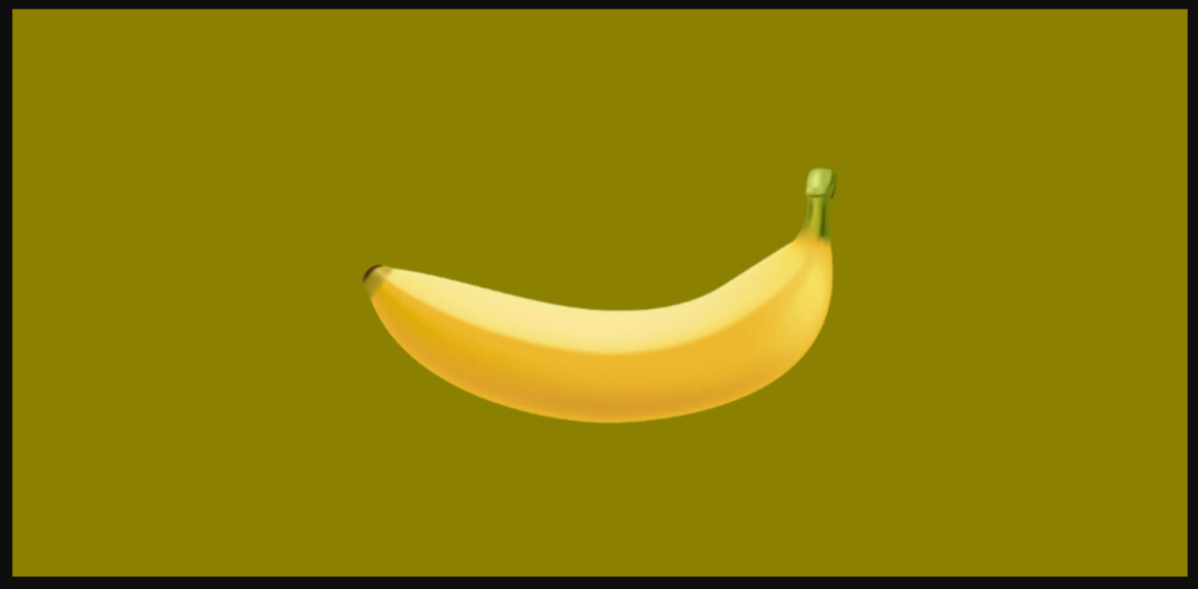
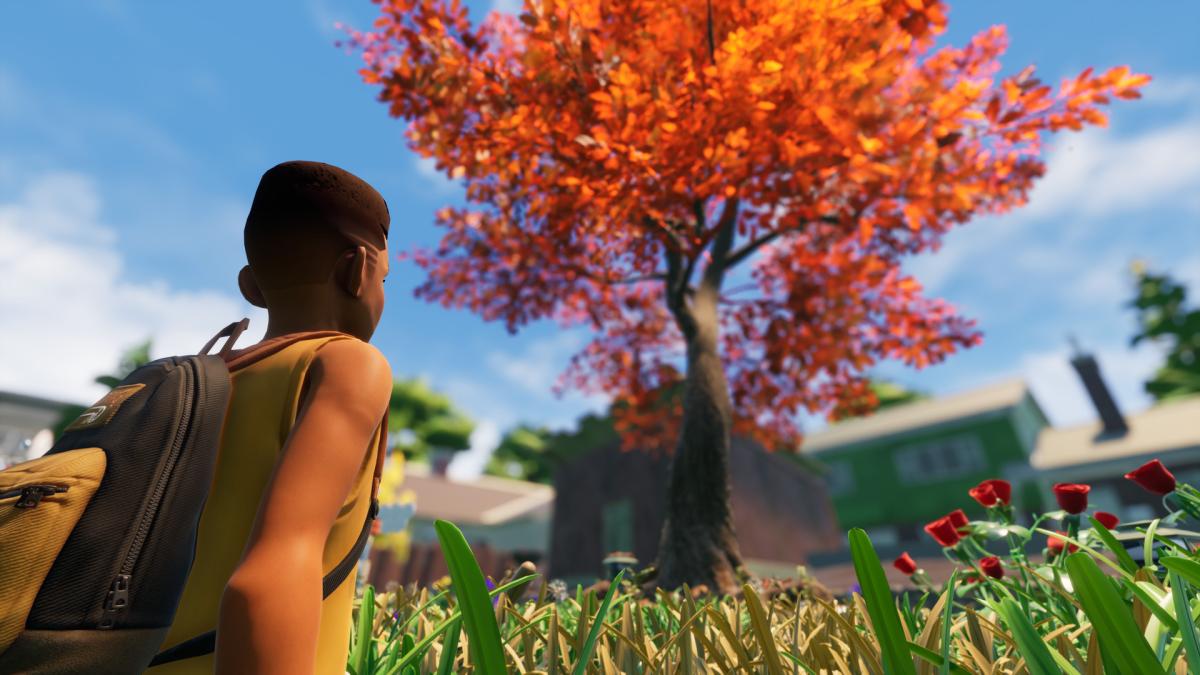
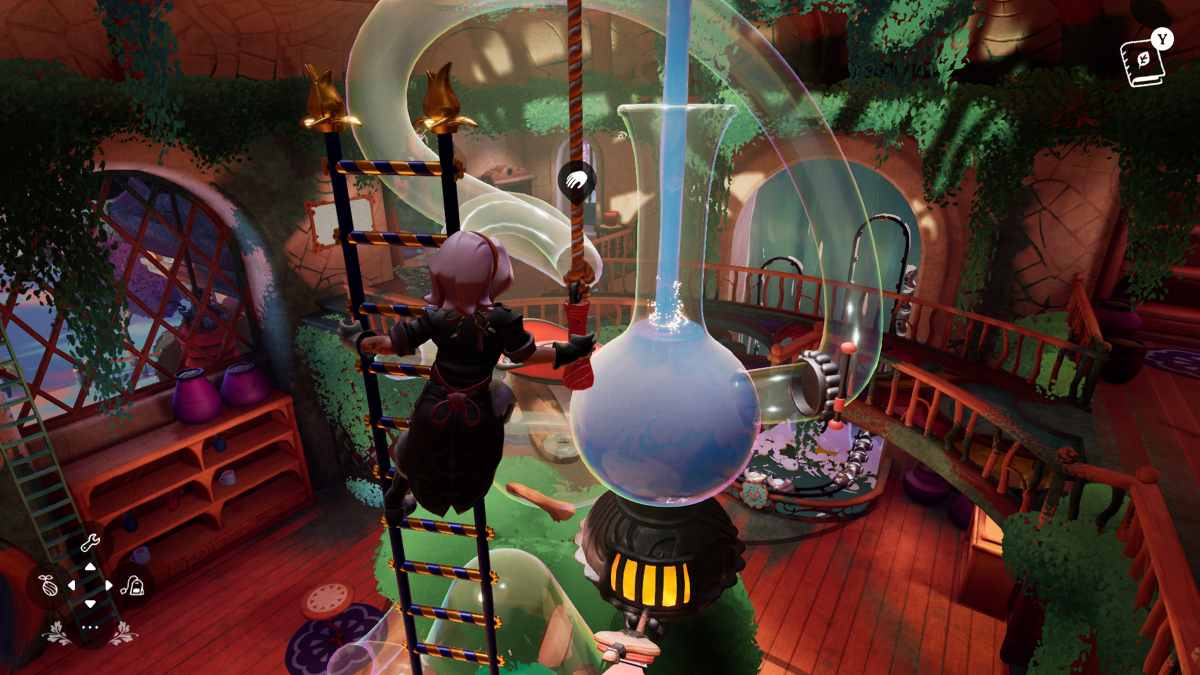
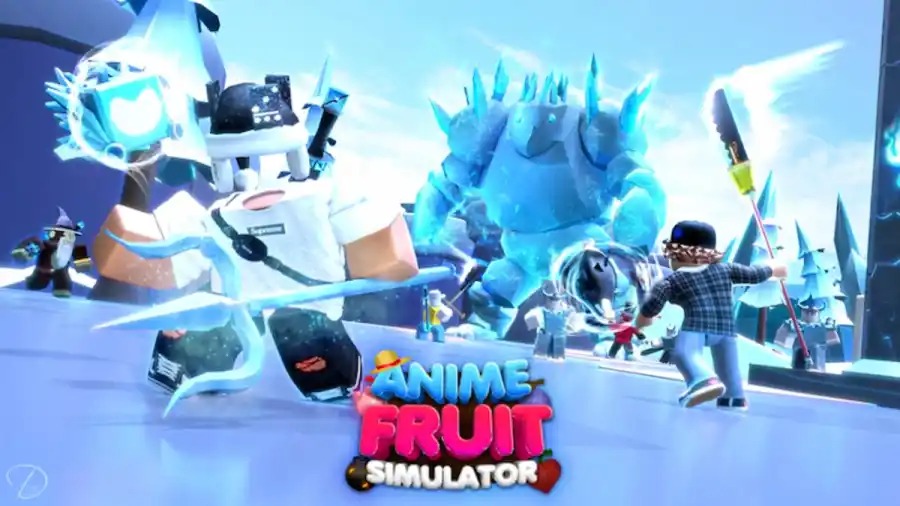
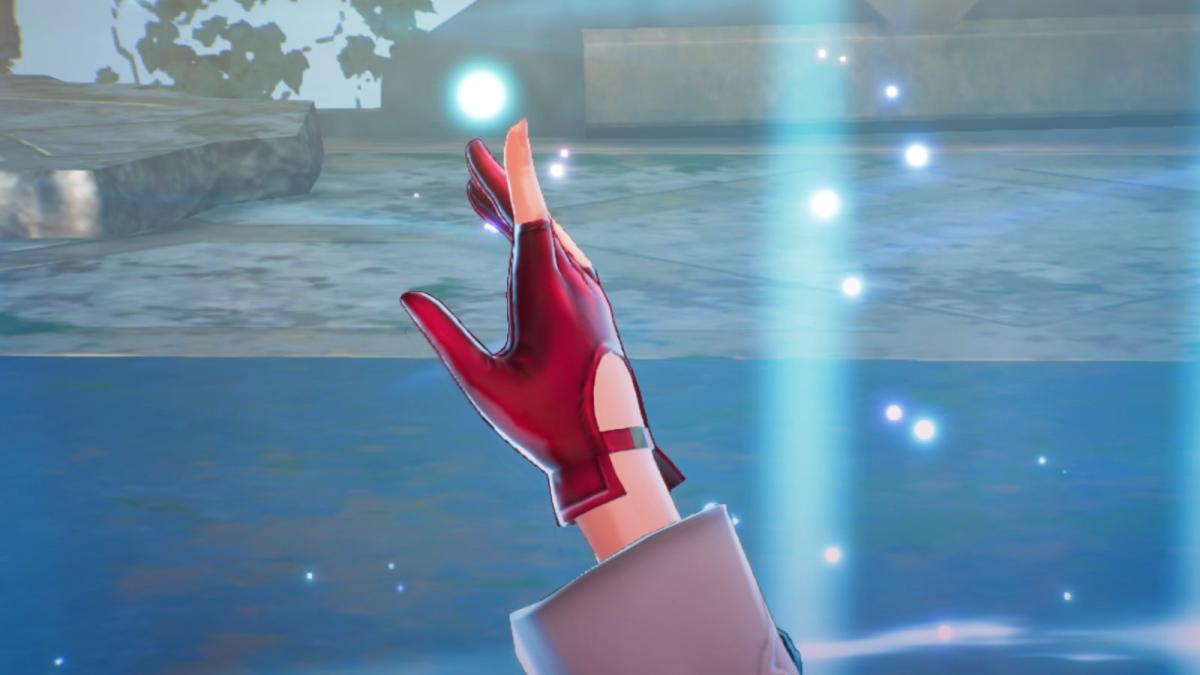


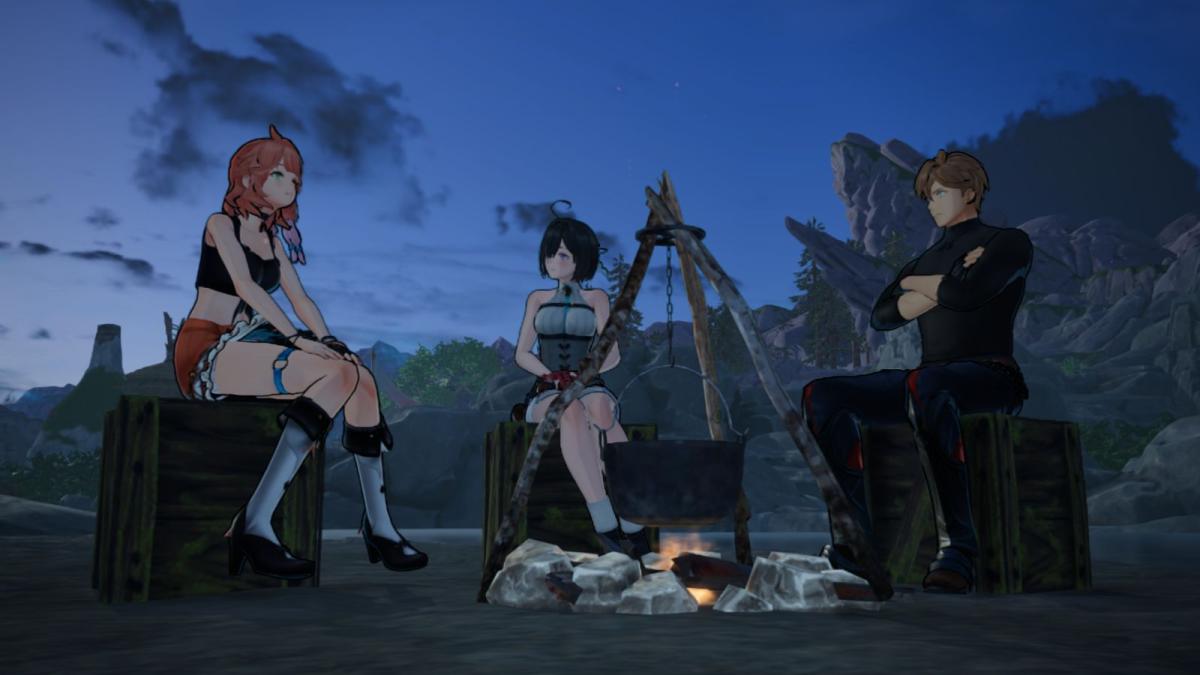
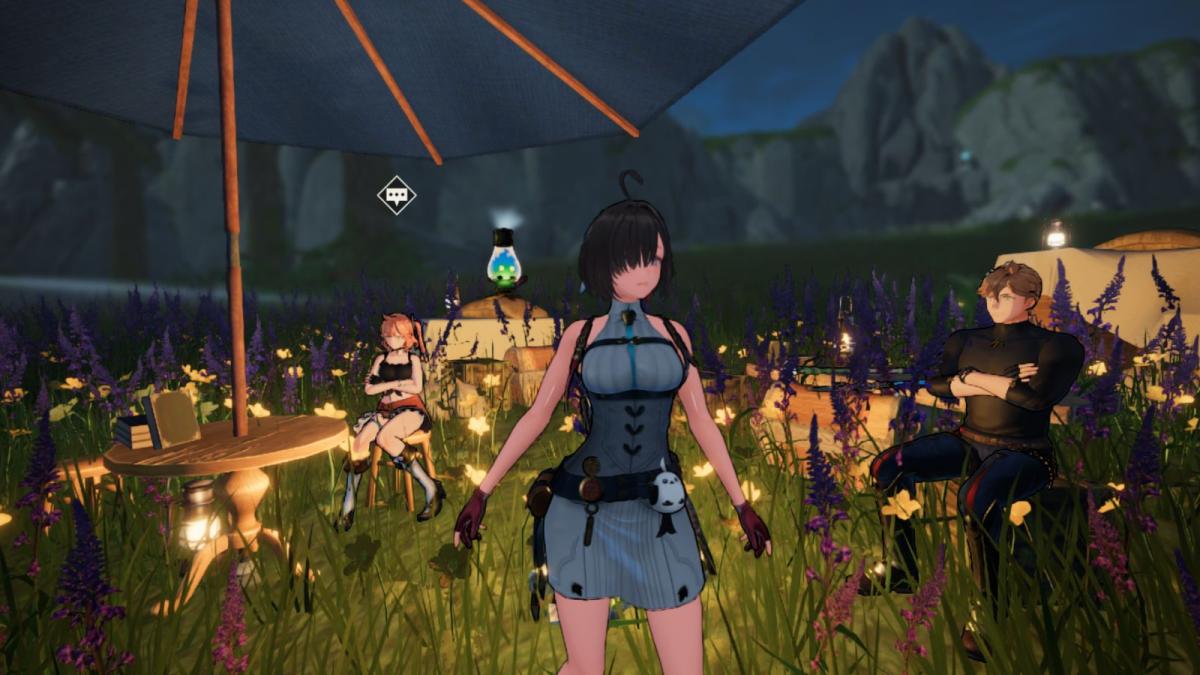
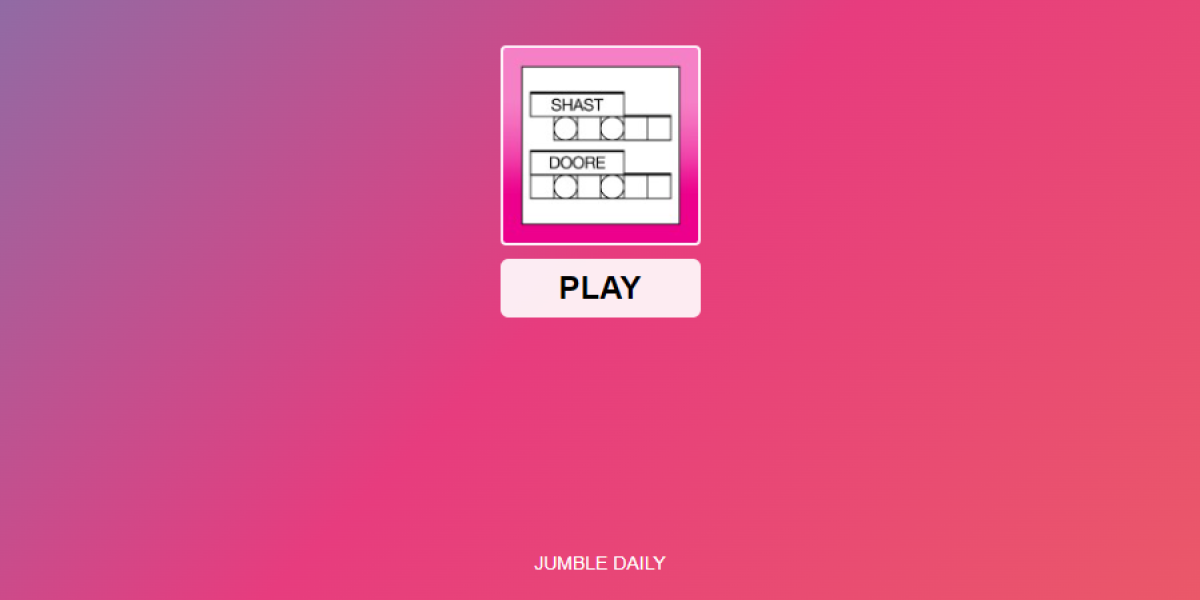

Published: Jun 16, 2024 08:32 pm